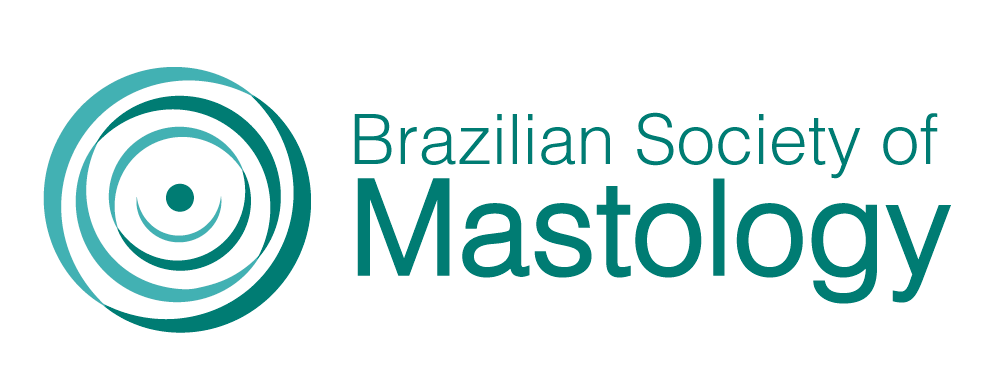ICOMBINED SELOL NANOCAPSULES AND MAGNETIC HYPERTHERMIA THERAPIES WITH PEQUÍ OIL SUPPLEMENTATION TO TREAT BREAST TUMOR AND PREVENT METASTASES IN A SHORT-TERM IN AGED SWISS MICE
Palavras-chave:
Breast Cancer, Magnetic Hyperthermia, Selol, Pequí Oil and Combined TherapiesResumo
Breast cancer is a group of malignancies most common among women. In 2018, approximately 2.1 million women were diagnosed, with 626,679 deaths. The traditional classification of these diseases is based on the extent of illness (in situ or invasive), the affected tissue (epithelial tissue for instance), and the site of occurrence (duct or lobe). The invasive ductal carcinoma is the most common type. The classification based on molecular characteristics divides breast cancer into at least five groups: Luminal A, Luminal B, negative HER-2, positive HER-2, and triple negative, being the most aggressive subtype. The disadvantages presented by traditional treatments have stimulated the search for new therapeutic alternatives in order to decrease the toxic and adverse systemic effects besides increasing the effectiveness of tumor treatment. So, combined therapies using nanostructures, with molecular sizes, such as magnetic nanoparticles (NPMs) for magnetic hyperthermia and PLGA-Selol nanocapsules as chemotherapy associated or not with supplementation of pequí oil, may represent an innovative and promising tool in cancer therapy. Objective: This study aims to evaluate the effectiveness of magnetic hyperthermia using NPMs combined with chemotherapy by Selol nanocapsules associated or not with pequí oil, in the treatment of breast tumors implanted in elderly Swiss female mice. Material and methods: The effectiveness of the treatment was evaluated by clinical, hematological, biochemical, genotoxic, and histopathological parameters. The treatment period was 7 and 14 days. Results: The combined therapies of magnetic hyperthermia and PLGA-Selol nanocapsules prevented metastases to lymph nodes, liver, and lungs, and a case of complete tumor remission was observed. The next step is to evaluate if the supplementation with pequí oil can enhance the efficacy of these treatments. Conclusion: The results already showed the potential use of these therapies for future clinical trials in elderly patients with breast cancer.
Downloads
Downloads
Publicado
Como Citar
Edição
Seção
Licença
Copyright (c) 2021 Willie Oliveira Pinheiro, Laise Rodrigues de Andrade, Marcelo Henrique Sousa, Mayara Simonelly Costa do Santos, Gabriel Ribeiro Farias, Graziella Anselmo Joanitti

Este trabalho está licenciado sob uma licença Creative Commons Attribution 4.0 International License.







